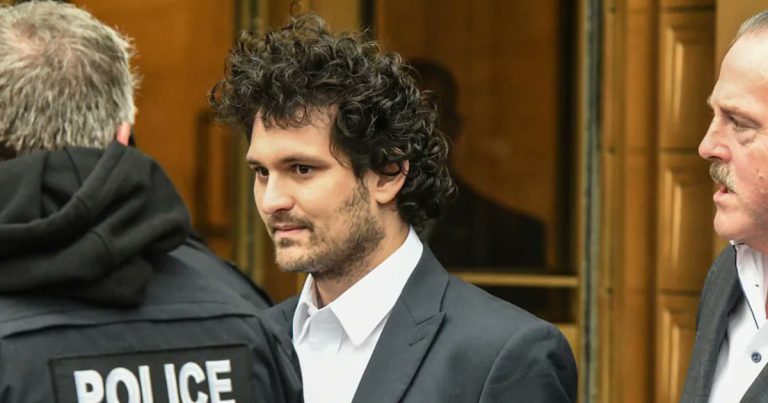12-4-2024 (NEW YORK) In a bid to overturn his 25-year prison sentence for orchestrating one of the biggest financial frauds in American history, Sam Bankman-Fried, the disgraced founder of the now-defunct FTX cryptocurrency exchange, has filed an appeal against his conviction. The move comes just two weeks after the 32-year-old former billionaire was sentenced to over two decades behind bars for defrauding customers of $8 billion (£6.4 billion).
Bankman-Fried’s defence lawyer, Marc Mukasey, had foreshadowed the appeal during the former crypto wunderkind’s sentencing hearing on March 28. The appeal will now wind its way through the Manhattan-based 2nd US Circuit Court of Appeals, a process that could span years.
Facing an uphill battle, Bankman-Fried’s legal team must convince the appellate court – and potentially even the US Supreme Court – that significant legal errors were committed by US District Judge Lewis Kaplan, depriving their client of a fair trial and his legal rights.
The 25-year sentence handed down by Judge Kaplan was shorter than the 40- to 50-year term sought by prosecutors but significantly longer than the five-and-a-quarter years or less proposed by Mukasey.
Bankman-Fried’s sentencing marked a stunning fall from grace for the once-celebrated entrepreneur whose crypto empire rapidly grew to a $26 billion valuation, according to Forbes magazine estimates. The Massachusetts Institute of Technology graduate was hailed as a wunderkind, amassing a fortune from the boom in digital assets like bitcoin and becoming a major political donor and advocate of the “effective altruism” movement.
However, his wealth evaporated overnight when Bahamas-based FTX declared bankruptcy in November 2022, following a wave of customer withdrawals triggered by reports that Bankman-Fried had commingled their assets with Alameda Research, a crypto hedge fund he also controlled.
Bankman-Fried’s arrest in the Bahamas and subsequent extradition to the US set the stage for a high-profile trial in which three of his former close associates testified against him, alleging that he had ordered them to use FTX funds to pay Alameda’s debts, make political donations, and purchase luxury real estate in the Bahamas.
While acknowledging mistakes in managing risk, Bankman-Fried denied stealing money during his testimony. “I made a series of bad decisions,” he said at his sentencing hearing. “They weren’t selfish decisions. They weren’t selfless decisions. They were bad decisions.”
Bankman-Fried’s lawyers have challenged the prosecutors’ claim of an $8 billion loss to FTX customers, arguing that customers would likely be made whole eventually. However, Judge Kaplan dismissed this assertion as speculative and accused Bankman-Fried of lying about his knowledge of Alameda’s spending of customer funds.
The disparity between Bankman-Fried’s sentence and the 18-month maximum sentence faced by rival exchange Binance’s founder, Zhao Changpeng, for violating anti-money laundering laws has also raised eyebrows. Zhao pleaded guilty in connection with a $4.3 billion settlement for Binance and is due to be sentenced on April 30.




